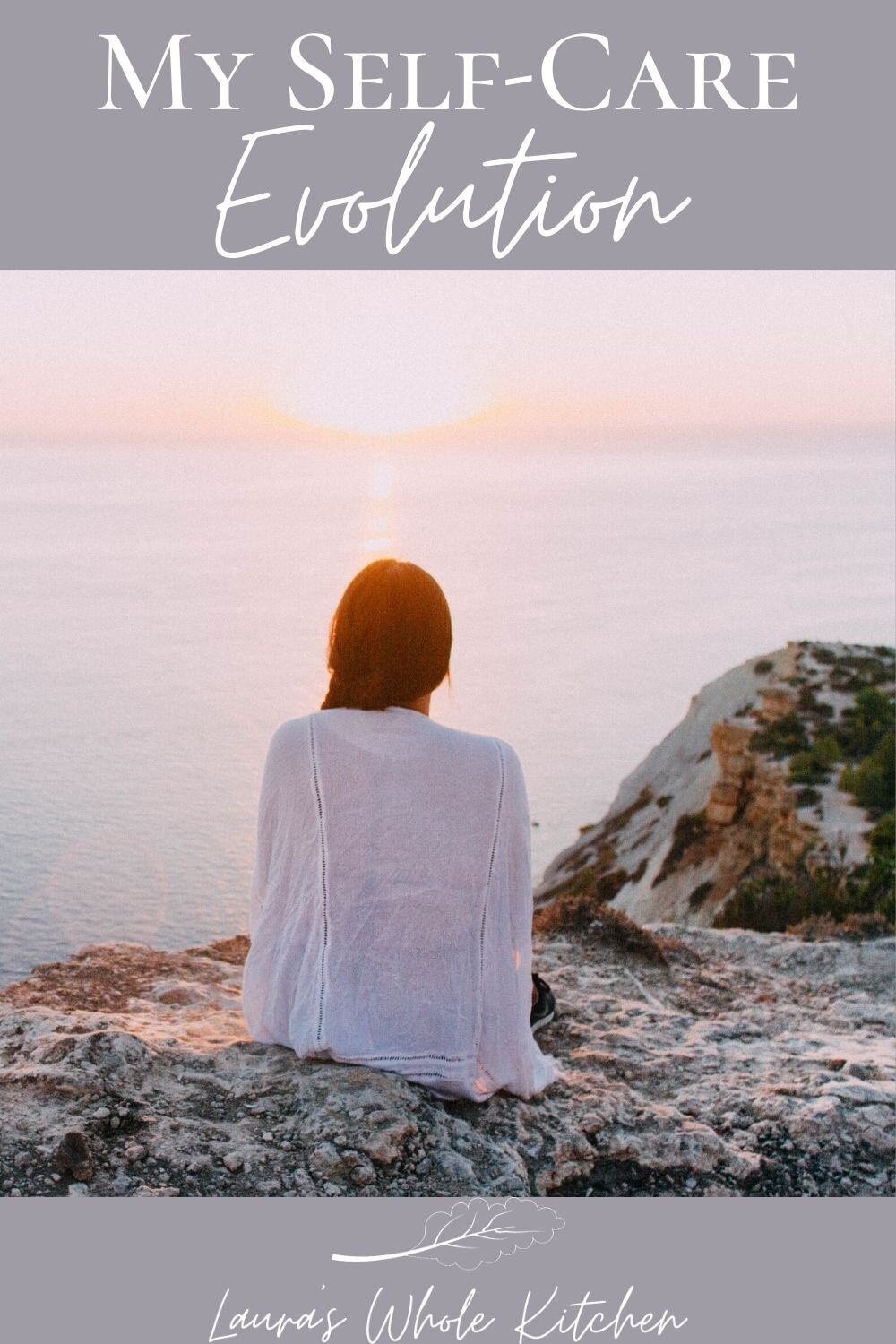My Self-Care Evolution
I used to roll my eyes at the self-care movement. To be honest, it always sounded so bougie to me, especially seeing the many posts about pedicures and glasses of wine described as self-care. It seemed like self-care meant you either had to spend money at the spa or “treat yourself” (another expression I loathed) to some sort of food or beverage that probably wasn’t going to make you feel well.
Many people also consider eating healthy and working out to be acts of self care, because you are feeding your body nutrients and building muscle and/or cardiovascular health. I’ve been doing those things consistently for more than a decade, but for many years, they were more about maintaining an aesthetic and feeling accomplished and in control, rather than as acts of self-care. What I didn’t understand was that self-care is more about the true intention behind the act than it is about the act itself.
Like many of my Type A peers, it took a health breakdown before I was willing to embrace true self-care. I had always taken pride in my drive, productivity, and total inability to rest, pushing myself to accomplish as much as possible before anyone else was out of bed in the morning. In a nine-month span, I got engaged, got my Whole30 coaching certification, started a business, and essentially planned two weddings. I was burning the candle at both ends, and by the time I got married in September 2019, I was in a state of poor health that I later learned was adrenal fatigue. I was so tired all the time I could barely function, and I was frequently sick or generally feeling unwell. And I had done this to myself.
With the support of my doctor and my husband, I finally, at age 30, learned how to rest. I gave up boxing and my most recent hobby of interval sprinting and began practicing yoga, walking, and doing some strength and conditioning. I scaled way back on building my business, working only when I felt up to it rather than strictly adhering to my self-imposed deadlines. I started reading more books and going to bed very early. I leaned into my meditation practice and focused more on deep breathing, both of which have been hugely beneficial for my cortisol levels. And while adrenal fatigue takes time to recover from, I truly did feel better immediately in many ways. I generally felt less anxious and happier overall. I stopped taking myself so seriously. I still accomplished things and I still got exercise, but I stopped constantly feeling like I was in some competition to be the best at everything. I learned to prioritize my wellness over everything else, because everything else naturally flourishes when you are well.
While I used to almost scoff at the concept of self-care, it now motivates so much of what I do each day. I drink a lot of water, spend time outside in the sunlight, meditate, go to bed early, do yoga, and eat my vegetables all as conscious acts of self-care. Most importantly, I don’t push myself to my physical and mental limits in the name of efficiency and perfectionism. I know now that by caring for myself, I am so much more effective in all aspects of my life. When I am well, I have the energy and consciousness to pour into the activities and relationships that mean the most to me.
Take a look at your own schedule and mental health. Do you feel like you’re burning the candle at both ends? Something has got to give, and if you don’t make a change, that “something” will be your health. Consider all of your priorities and identify which can be reduced or eliminated. Make a list if you need to! Think about which of these priorities are truly consequential (e.g., maybe you have to keep your full-time job), and which you can take a break from and possibly re-commit to later (like your book club or foreign language class). Reflect on your intentions behind each of these priorities—are they truly important, or are any of them simply points of pride? Letting go of some of these nonessential priorities can free up your time to pour back into your own cup, and I can almost guarantee that you will wish you had done it sooner.


